# tax
12 posts in `tax` tag

12A Registration Made Easy: Latest Online Guidelines for Indian NGOs
For non-profit organizations, charitable trusts, and societies in India, securing 12A registration is vital for income tax exemption. With the Indian government's move towards digital governance, the 12A registration process has undergone significant updates. This blog post provides a detailed look at the latest guidelines, including mandatory online filing via Form 10A/10AB, the requirement for re-registration for existing entities, the new 5-year validity period, and essential steps to ensure a smooth, compliant experience for your organization.
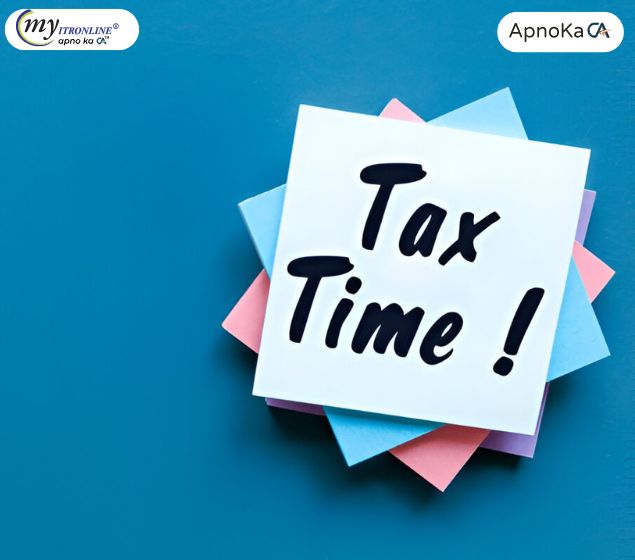
Section 44ADA Explained: Presumptive Taxation Benefits for Self-Employed
This comprehensive guide delves into Section 44ADA of the Income Tax Act, 1961, offering a simplified "presumptive taxation" scheme for eligible self-employed professionals. Discover who qualifies, how to calculate your taxable income at a minimum of 50% of gross receipts, and the significant benefits like exemption from detailed bookkeeping and tax audits. Learn about crucial compliance aspects, including advance tax and the increased ₹75 Lakhs gross receipts limit, to make informed decisions for smarter tax planning and effortless compliance.
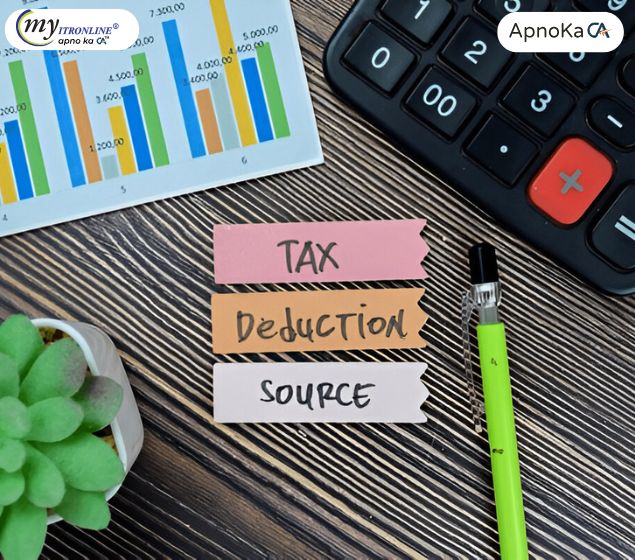
TDS Simplified: Your Essential Rate Chart for FY 2025-26 (AY 2026-27)
This in-depth guide simplifies TDS (Tax Deducted at Source) for Financial Year 2025-26 (Assessment Year 2026-27). Discover how this crucial tax collection mechanism works, explore the latest changes from Union Budget 2025 including increased threshold limits, the introduction of Section 194T for partners' remuneration, and the removal of higher TDS for non-filers. We provide a detailed TDS rate chart and explain the implications of non-compliance, empowering both deductors and deductees for efficient tax planning and compliance
.jpg)
Don't Miss Out! Maximize Section 87A & Claim Every Deduction in Your FY 2024-25 ITR
Maximize your savings and simplify your ITR filing for FY 2024-25! Discover how to effectively utilize the Section 87A rebate and navigate the complexities of deductions under both the old and new tax regimes. This essential guide empowers you to make informed choices, accurately claim every eligible deduction, and confidently file your ITR to prevent any unwelcome tax notices.
.jpg)
The New Tax Regime Advantage? Standard Deduction Changes for FY 2024-25 Explained
Grasping the concept of standard deduction is essential for every salaried person in India. Following the recent updates in the Union Budget 2024, the framework for standard deduction has changed, particularly within the new tax framework. This comprehensive guide clarifies what standard deduction entails, the updated limits for both regimes, eligibility criteria, advantages, and practical illustrations.
.jpg)
Got an Income Tax Notice? A Salaried Professional's Definitive Guide
Receiving an income tax notification can be intimidating, especially for salaried professionals. This comprehensive guide demystifies the reasons behind income tax notices in India, detailing common types (like 143(1), 139(9), 143(2), 148, and 156) and providing a step-by-step approach on how to respond effectively. Learn about discrepancies in income/TDS, defective returns, high-value transactions, and best practices to prevent such communications.
.jpg)
Avoiding Penalties Under Section 271B: Understanding the Need for an Income Tax Audit
This blog explains the mandatory income tax audit requirements under Section 44AB for Indian businesses and professionals, detailing the various turnover and gross receipt thresholds. It highlights the significant penalties imposed by Section 271B for non-compliance, alongside conditions where penalties can be avoided due to 'reasonable cause.' The post also emphasizes the broader benefits of an audit beyond just avoiding penalties, such as enhanced credibility and financial accuracy.
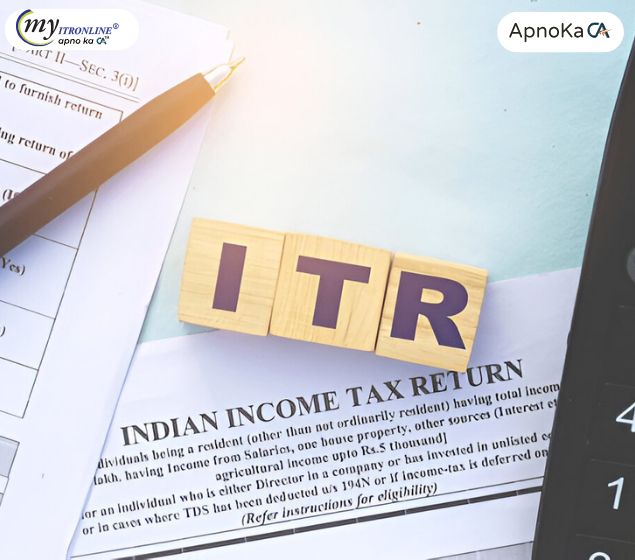
Major Update: You Can Now File ITR-U for the Past Four Years!
The Income Tax Department has announced a monumental extension for ITR-U (Updated Income Tax Return) filing, allowing taxpayers to rectify errors or omissions for up to four previous years instead of the prior two. This blog delves into what ITR-U is, the new extended deadlines, who is eligible to file, situations where it cannot be filed, the associated additional tax liability, and the myriad benefits this flexibility offers for enhanced tax compliance and reduced legal complications.
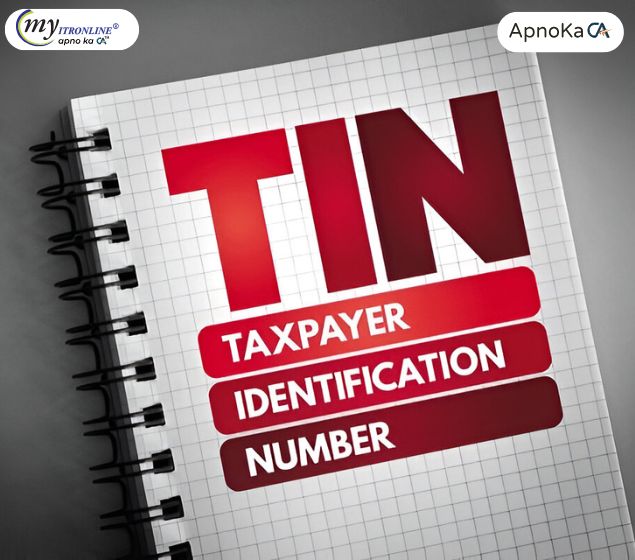
Understanding TIN: Importance, Application, and Verification Explained
This blog explores the crucial role of Tax Identification Numbers (TINs) in global tax systems. It explains what a TIN is, its significance, where and how it is used, how to apply for one, and the ways to verify its authenticity. Designed for individuals and businesses alike, it highlights why accurate TIN usage is vital for efficient tax compliance and administration.
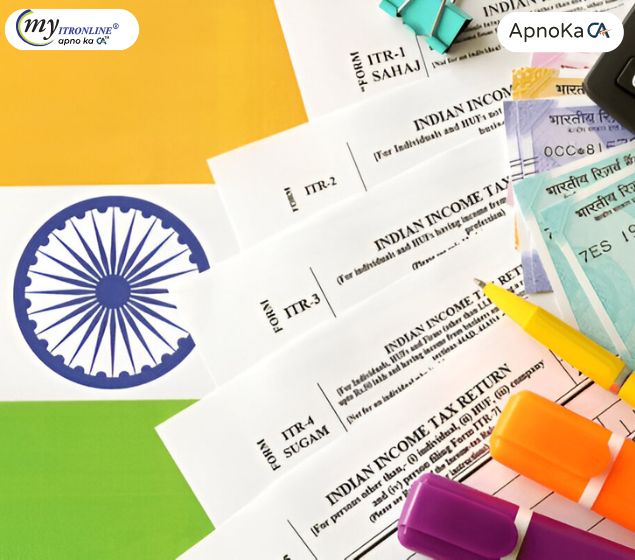
Tax Alerts: 9 Essential Updates to ITR-1, ITR-2, ITR-3, ITR-4 for FY 2024-25
The Income Tax Department has notified updated ITR forms (ITR-1, ITR-2, ITR-3, ITR-4) for FY 2024-25 (AY 2025-26) incorporating several crucial changes. This blog details 9 important adjustments, including relaxed eligibility for ITR-1/ITR-4, mandatory TDS section reporting, removal of Aadhaar Enrolment ID acceptance, detailed disclosures for tax regime options, bifurcated capital gains reporting, new treatment for buyback proceeds, raised asset reporting threshold, additional requirement for disability deductions, and streamlined capital gains sections, all aimed at ensuring accurate and compliant tax filing.
.jpg)
Attention GST Filers: Understanding GSTN's May 2025 Advisory on GSTR-3B Table 3.2
This post explains the GSTN advisory from May 2025 regarding Table 3.2 of GSTR-3B. It covers the table's purpose (reporting inter-state supplies to unregistered persons, composition taxpayers, and UIN holders), the previous plan for auto-population and making the table non-editable, the recent deferral of this change due to taxpayer feedback, and highlights the continued importance of accurate GSTR-1 filing despite Table 3.2 currently remaining editable. It serves as a guide for GST filers on this specific clarification.

Understanding 44AA, 44AB, 44AD, 44ADA for the Upcoming AY 2025-26
This post offers an in-depth overview of key Income Tax Act sections (44AA, 44AB, 44AD, 44ADA) applicable for AY 2025-26 (FY 2024-25). It details the requirements for maintaining accounting records and mandatory tax audits based on income/turnover thresholds. It also explains the presumptive taxation schemes for eligible small businesses (44AD) and professionals (44ADA), including updated limits and the implications of opting for or out of these schemes. The guide aims to clarify compliance duties for taxpayers
